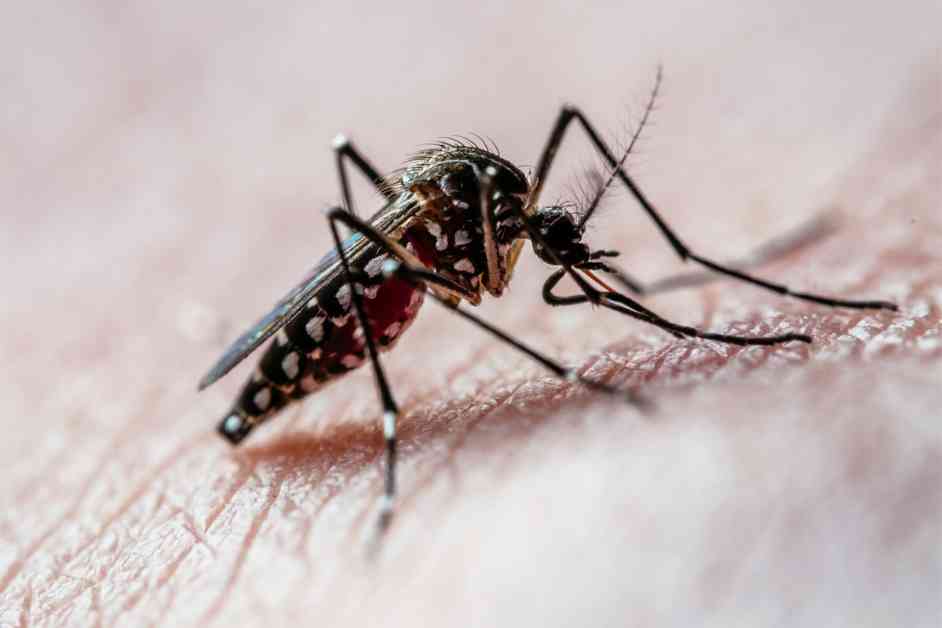Mosquitoes have a secret weapon when it comes to their bloodlust – hormones. A recent study has uncovered that a pair of hormones play a crucial role in driving mosquitoes’ cravings for blood. This discovery sheds light on the mysterious attraction mosquitoes have towards people and animals.
The research, led by entomologist Michael Strand from the University of Georgia, focused on the hormones neuropeptide F (NPF) and RYamide. NPF levels in mosquitoes spiked when they were seeking a host for a blood meal, but disappeared after they had fed. On the other hand, RYamide levels increased after a blood meal, suppressing the mosquitoes’ attraction to hosts.
By manipulating the genes responsible for producing NPF and injecting RYamide into mosquitoes, the researchers were able to control the insects’ attraction to human hosts. This suggests that NPF and RYamide work together to stimulate or suppress the mosquitoes’ bloodlust.
The implications of this study are significant, as it could lead to the development of new pesticide targets for preventing mosquito-borne diseases like dengue fever, yellow fever, and Zika. Understanding the hormonal drivers behind mosquitoes’ bloodlust may provide key insights into controlling mosquito populations and reducing disease transmission.
While this research has provided valuable insights into the mechanisms that control mosquitoes’ attraction to blood, there is still much to learn. Strand and his team plan to investigate other molecular factors involved in host attraction to gain a more complete understanding of this complex process.
Overall, this study highlights the intricate hormonal interplay that drives mosquitoes’ bloodlust and opens up new possibilities for controlling these disease-carrying insects. By unraveling the secrets of mosquito attraction, scientists may be one step closer to developing more effective strategies for mosquito control and disease prevention.






